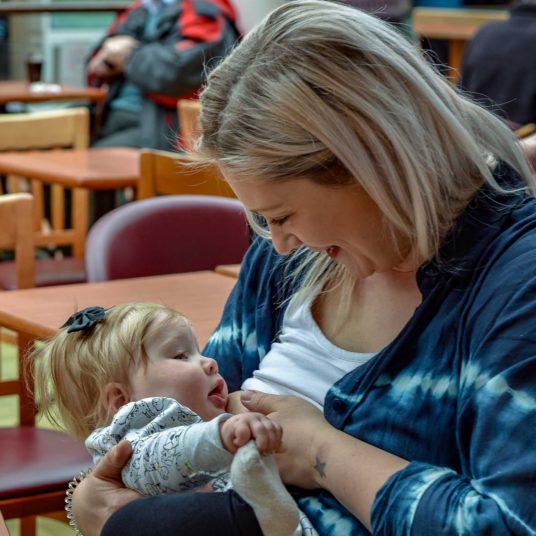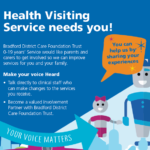Breastfeeding benefits the planet as well as mum and baby!
If you’re pregnant and debating whether to breastfeed or use formula milk, you may be interested in research carried out by a team of scientists from Imperial College, London which suggests that breastfeeding benefits not only mum and baby, but the environment too.
According to the respected journal The Science Times, scientists carried out a study to discover whether infant formula production and consumption caused harm to the environment. They found out that the industry produces a significant amount of greenhouse gases, generates waste, and depletes sources of electricity and water.
Around 4,700 litres of water are needed to make one kilo of powdered cow’s milk and the energy used in heating formula during production can be compared to charging 200 million smartphones in a year.
The Science Times says that on a global scale only 41% of babies are exclusively breastfed. Britain has been identified as one of the countries with the lowest breastfeeding rates, with only 34% of its newborn babies receiving breast milk. Yet if all mothers in the UK followed health guidelines and breastfed for the first six months, that could be compared to saving the planet from a similar amount of pollution to that generated by 77,000 cars!
Bradford District’s strategic breastfeeding lead Jane Dickens commented: “The article in Science Times suggests that if you can breastfeed, it’s great for the environment as well as mum and baby. It’s another way of reducing your carbon footprint and if it encourages more mums to think before reaching for a bottle of formula, that has to be a good thing.
“We encourage mums to breastfeed for the first six months if they can, primarily because breast milk is the source of all the nutrients a baby needs and because it reduces the incidence of infections and allergies.”
“There is support available across the district for breastfeeding worries or problems,” Jane added.
Find out more about breastfeeding and breastfeeding support here.
Read the article in Science Times here.




